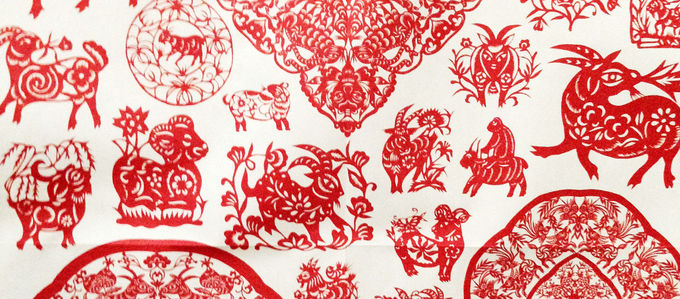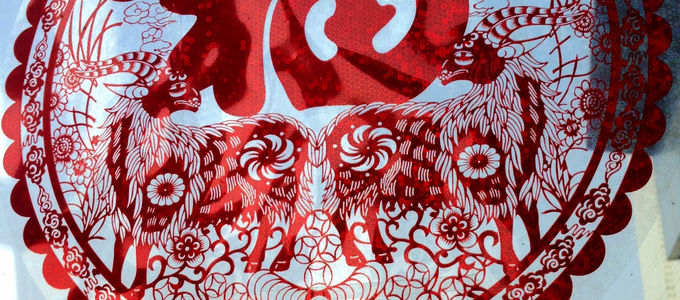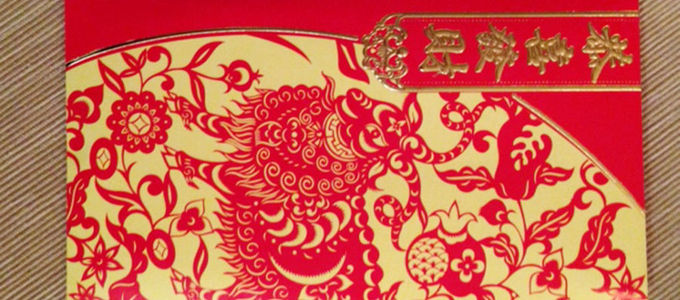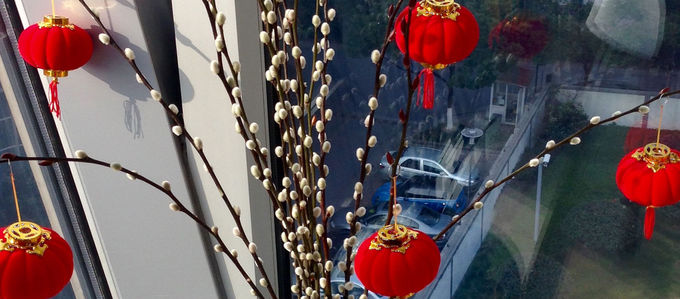Chinese New Year: loud, red, and fragrant
China is a huge country and for the most part unknown. For the longest time it was completely shut off. Our nac.today correspondent Kerstin Kaehler has lived in China, the world’s most populous country, for the last 16 years. She describes what it is like to live there as an expat.
“An expat (which is short for ‘expatriate’) is a person who lives in a foreign country. There is quite a large expat community in China. Most foreigners are here for professional reasons,” she says. “I live in Shanghai, right in the east of this huge country.” According to relevant statistics, some 20 million people are said to live in this city, making Shanghai likely one of the largest cities in the world.
The Chinese way of life is intriguing for any newcomer. New Year, for example, is celebrated twice: on 1 January of course, because China uses the Gregorian calendar. But the other date for New Year is far more important: depending on the lunar calendar, the celebration either falls in the month of January or February. Chinese New Year this year falls on 19 February, which happens to be the first day in the year of the goat or the sheep. In the Chinese writing system, the characters for both animals are the same. It is a day when families get together. Millions of people are out travelling and making long trips to be with their families. “Of course not everyone can afford this. Everybody feels sorry for those who cannot afford to go home for New Year,” Kerstin writes. Already months in advance, flights and trains are booked solid. On the day that the airlines put their special fares for the Lunar New Year holiday online, there is such a run for them that the booking system often crashes.
A small expat congregation
“We have a small New Apostolic expat congregation in Shanghai,” Kerstin says. “Of course we all travel over Chinese New Year. It is holiday time. Many of the factories close over the holidays in order to give their employees who come from out of town or out of the country a chance for a holiday.” Most expats use the opportunity to take a trip home. “It is not really the best time to travel for us. It feels almost as though all of the 1.3 billion Chinese are on the move. For people who like this kind of thing, it is exciting. But those who don’t like crowds should avoid travelling at this time of year.”
Kerstin is going to stay in Shanghai this year. “I decorated the house weeks ago already. I have daffodils everywhere. They give off a wonderful scent. The buds usually open up just in time for Chinese New Year. There is a saying here: The more daffodils open and bloom the more luck and prosperity there will be in the coming twelve months. Red paper cut-outs adorn windows and doors. Most symbolize fish, which are believed to bring good luck.” The sound of the Chinese word for “fish” is identical with the word meaning “surplus”.
Red means good luck
The colour red is found everywhere at this time of year, from the decorations to what people wear. Children are given red envelopes with lucky money inside on Chinese New Year. All the adult family members contribute. Traditionally, coins were put in the envelopes, but nowadays it is banknotes. “Some of my friends complain that this tradition has become expensive with time.” Kerstin is a Sunday School teacher in her congregation. “Around this time of the year, we prepare red envelopes for the children in the congregation and fill them with chocolate coins.”
“Fireworks are common to both the Chinese as well as the Western New Year’s celebration,” Kerstin says. “People here in China believe that the noise will drive away monsters and demons. Traditionally, New Year’s Eve is the loudest night of the whole year. I have travelled extensively in China. And I believe that not a single monster has survived these noisy fireworks.”
Keyword: Chinese calendar
Chinese New Year, also called Spring Festival, is the most important Chinese holiday. Although the Gregorian calendar is used throughout the People’s Republic of China, for folk festivals the people refer to the traditional lunar calendar, according to which the beginning of the new year falls on the new moon between the 21st of January and the 21st of February. This year it is on the 19th of February. The year of the goat ends on 7 February 2016.












